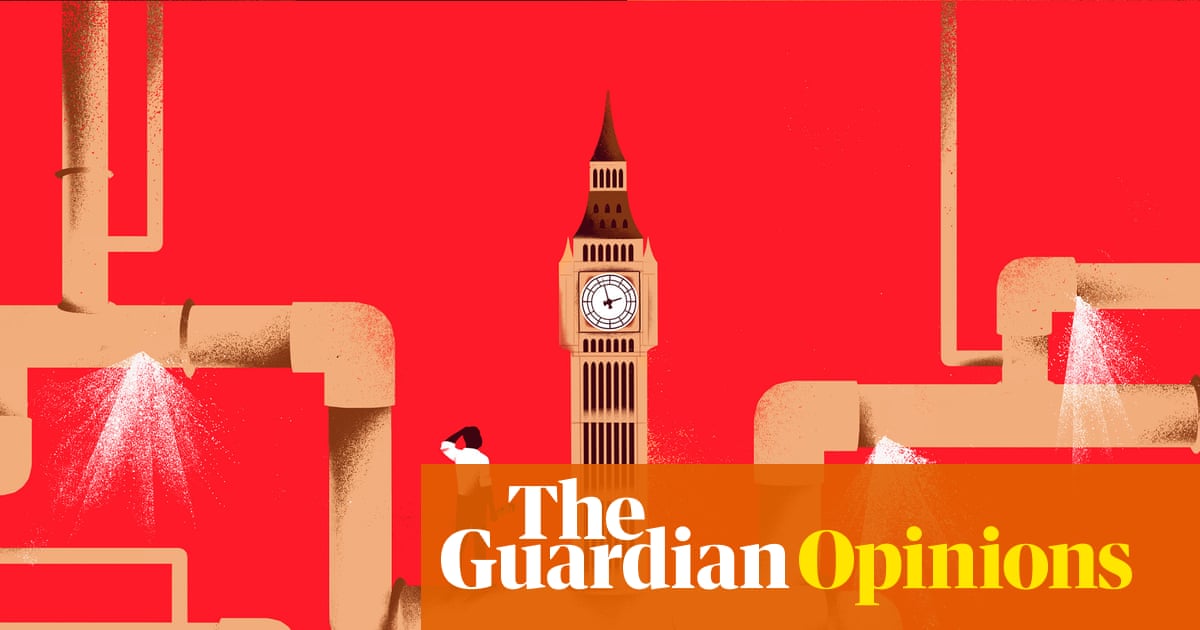
"But the heart of the machine beats with a weak pulse. The UK state is heavily centralised by the standards of most democracies, yet the people at the centre don't feel powerful. Ministers can't enforce bin collections in remote areas or call a halt to Middle East wars but they are made to feel answerable for all that is ill in the world, from hyperlocal to geopolitical."
"Convention portrays the chancellor as commander-in-chief of the nation's economic wellbeing, but her arsenal of fiscal weapons has limited range in a world of volatile global markets. A gust of headwind from gilt traders blows Rachel Reeves's budget plans miles off course. With control of the purse strings, the Treasury at least feels a grip on something. In Downing Street, the prime minister complains of levers that don't connect to anything, civil service channels that are blocked, missing links in the chain of command."
The UK's political system concentrates power in Westminster, but central officials often lack effective control over local services and international events. Ministers feel answerable for wide-ranging problems despite limited ability to intervene. The chancellor's fiscal tools face constraints from volatile global markets, while the Treasury provides some control through spending. The prime minister experiences blocked levers, opaque civil service channels, and gaps in command, prompting reactive, attention-seeking policies with diminishing returns. Intense media and online hostility drowns government messaging. Informal, networked actors can accumulate outsized influence, enabling figures outside formal office to rival established leaders.
Read at www.theguardian.com
Unable to calculate read time
Collection
[
|
...
]